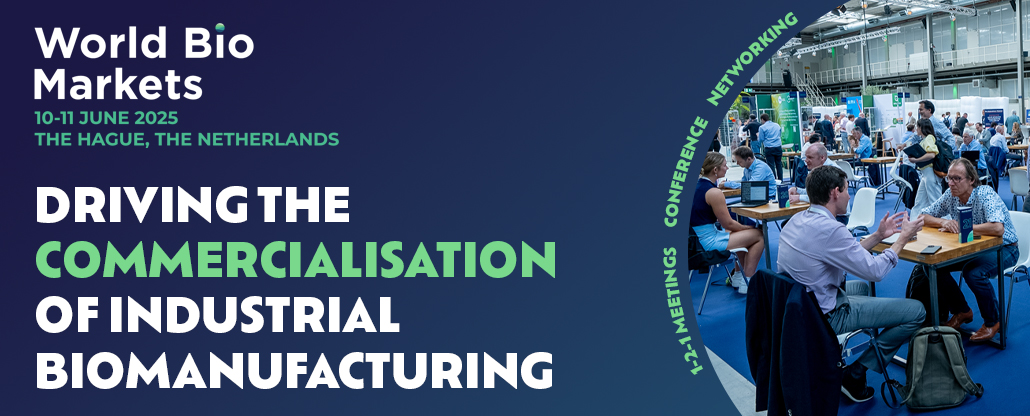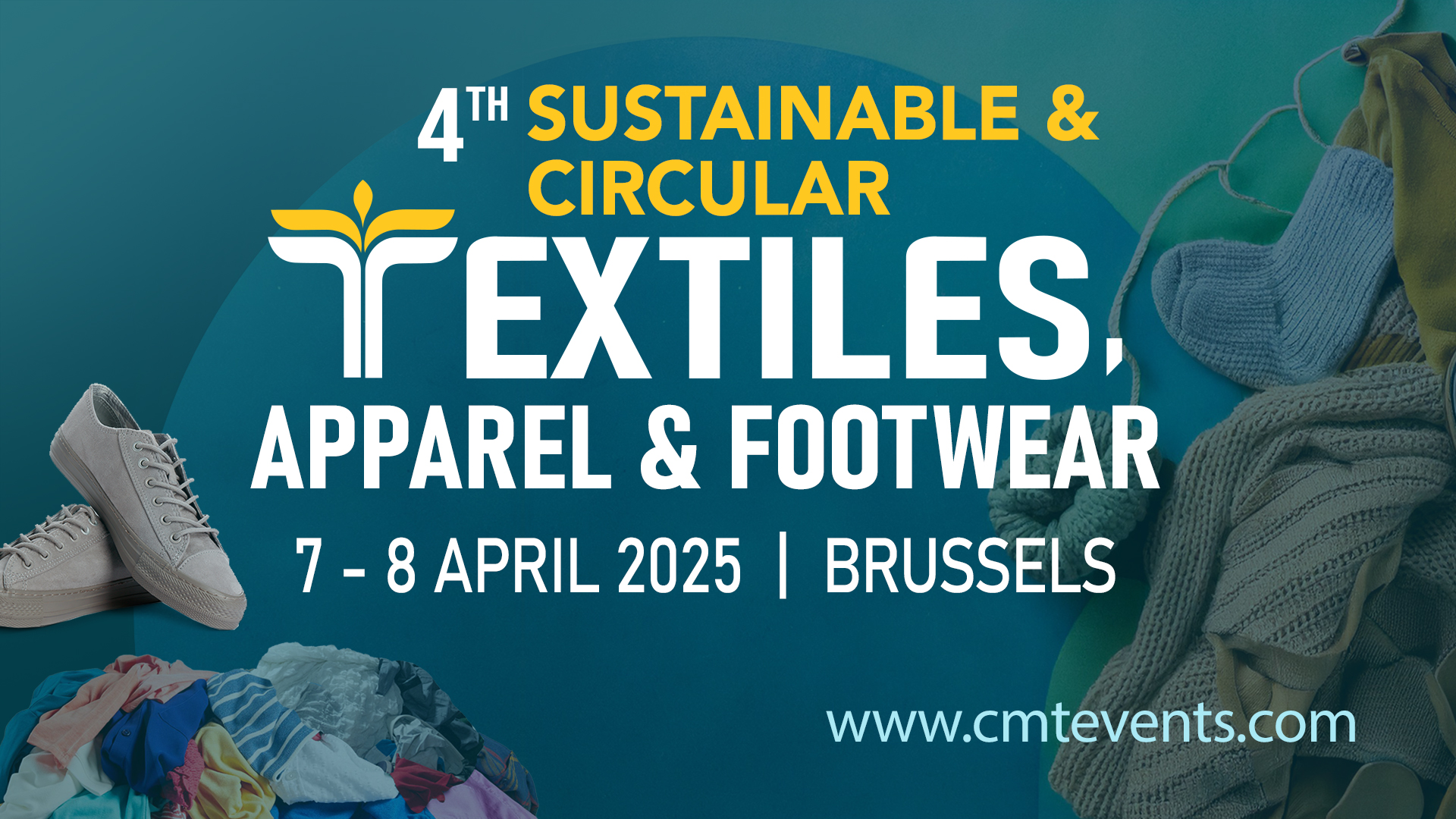An oilfield in Kazakhstan has received composting equipment from waste-to-energy firm Tidy Planet, which shipped four composters and a dewatering system to help compost 225 tonnes of food waste produced at the site.
Traditionally, food waste produced by the 4,000 employees at the remote 50km² facility went straight into landfill and incineration due to a lack of appropriate infrastructure for handling it. A recent law – brought into effect in January this year – has sparked a renewed focus on how food waste is dealt with. The new measure made burying food waste illegal – in a bid to reduce the country’s staggering five million tonnes of solid waste finding its way to landfills every year.
The oilfield is an example of how operations throughout the country are adapting in response. With the new equipment (procured and operated by Demtec Solutions) the site can now create a circular economy system for its commercial food waste, reducing its emissions in the process. The equipment was shipped in June this year, and is currently being installed at the site.
In a press release commenting on the new project, Tidy Planet’s sales manager Huw Crampton, said: “There’s hardly any infrastructure yet available to process food waste in Kazakhstan, so when the law recently changed around how it could be dealt with, this prompted our client to invest in a process that treated it as close to its source as possible.”
Crampton continued: “Demtec is a waste management contractor to the oilfield, so when the law changed, the team built a new composting facility a stone’s throw away from where the waste is produced. As a result, this avoids excessive transportation – reducing the firm’s carbon emissions and eliminating off-site disposal costs.
“The nutrient-rich compost will also enable the site to sequester 70 tonnes of physical carbon into the surrounding soils each year – removing the CO2 from our atmosphere. It’s a better solution than any off-site process could ever have offered.”
Kazakhstan has been working to improve its recycling measures for a variety of industries. Sustainable waste management systems are being introduced in the country, with a target of increasing recycling volume to 40% by 2030, and 50% by 2050.








